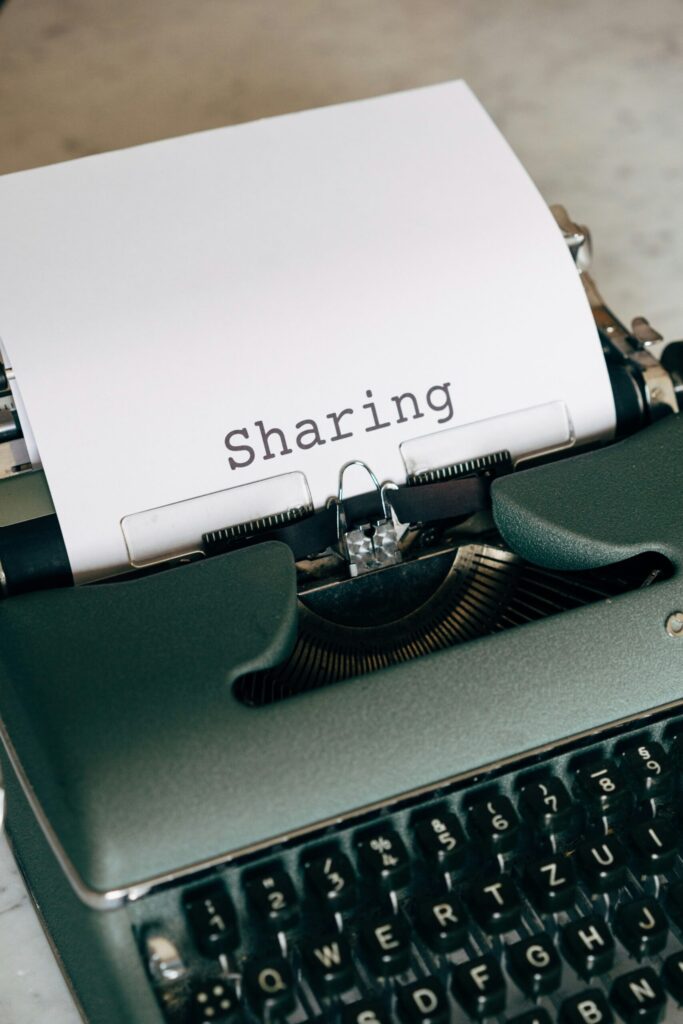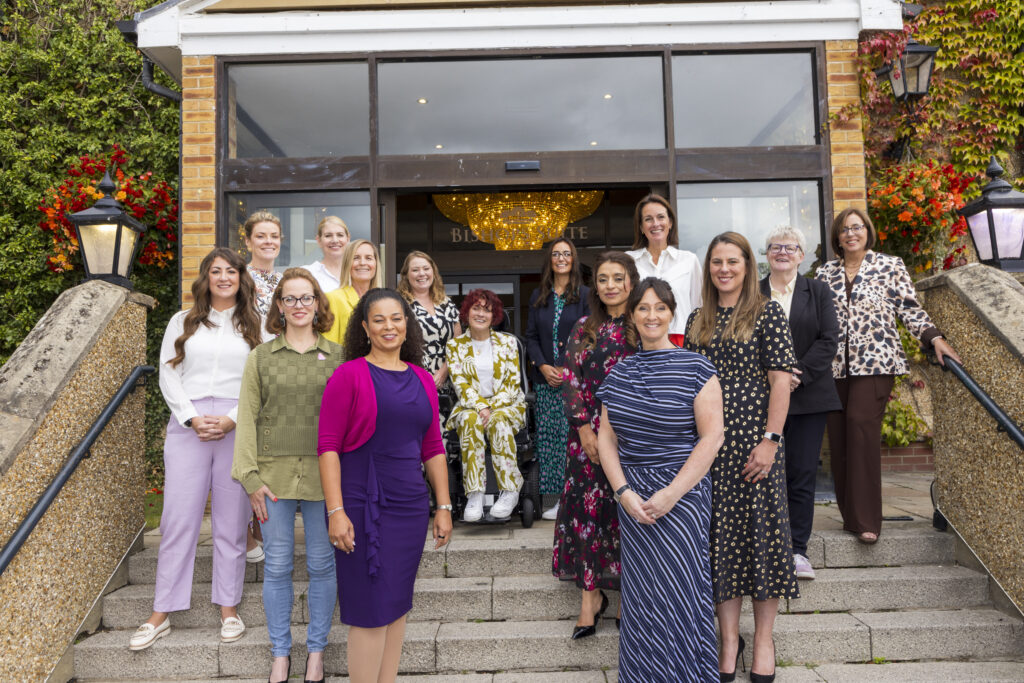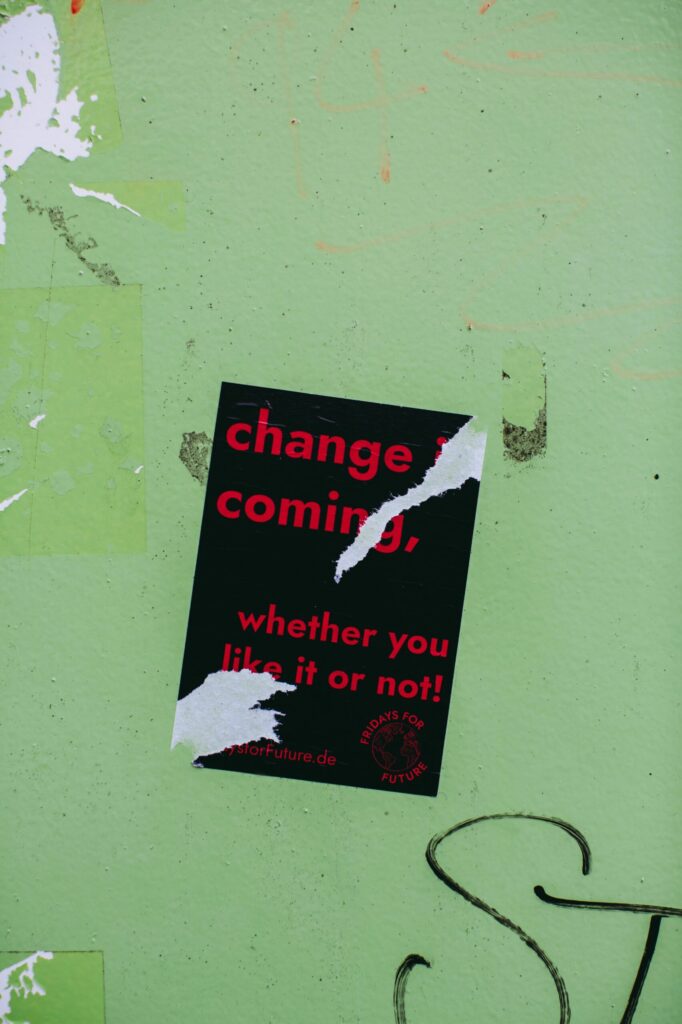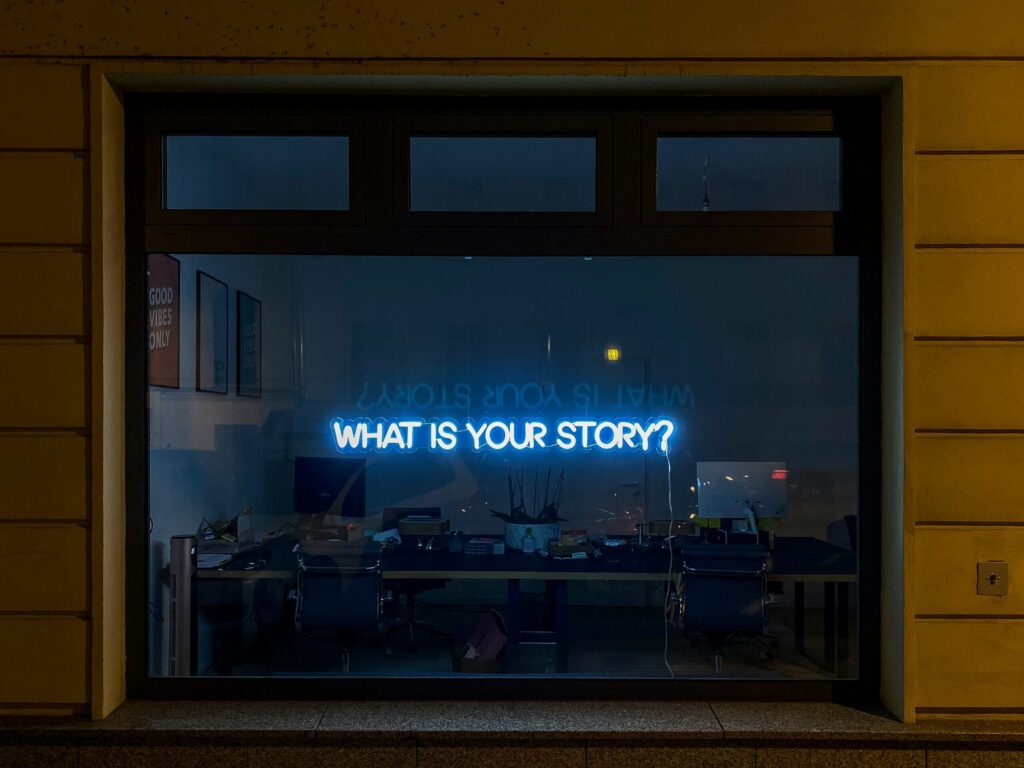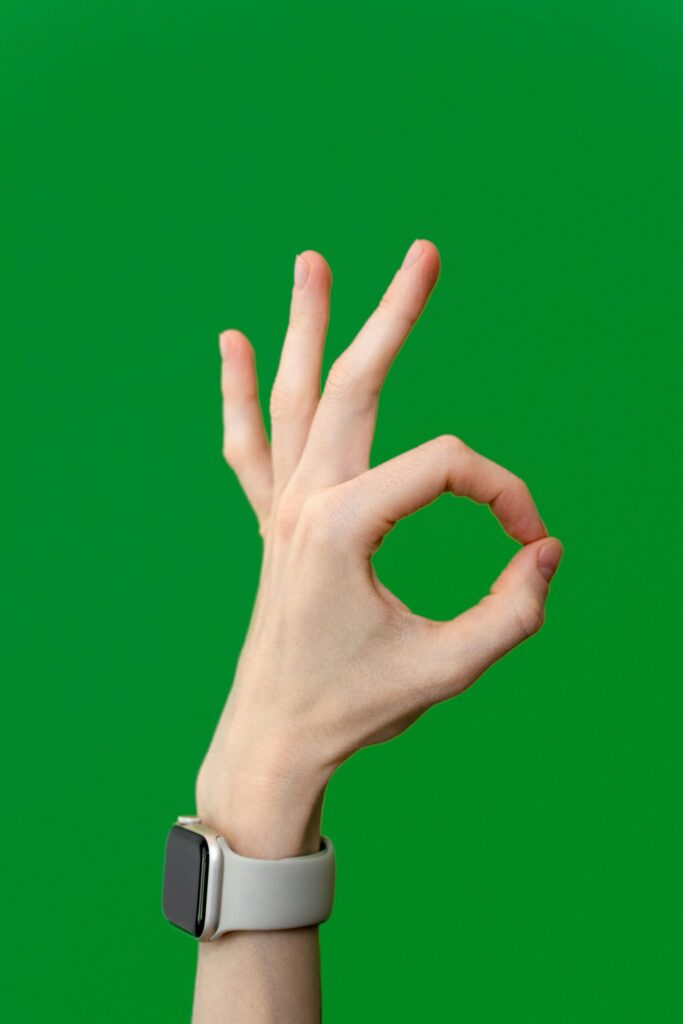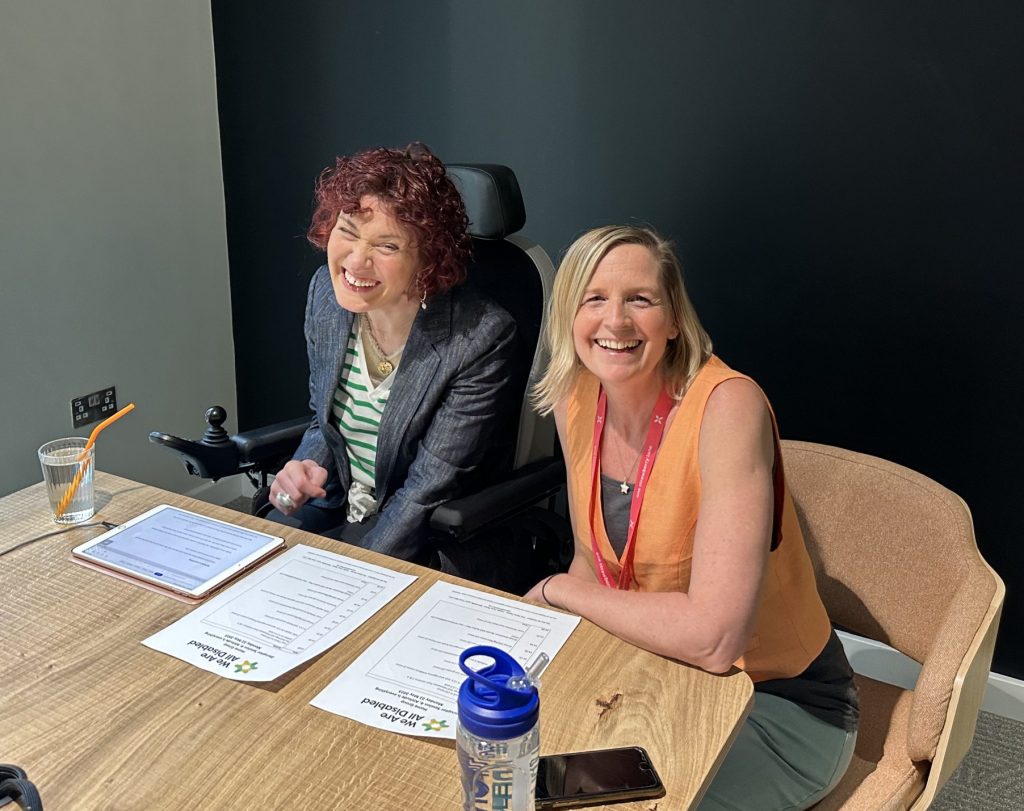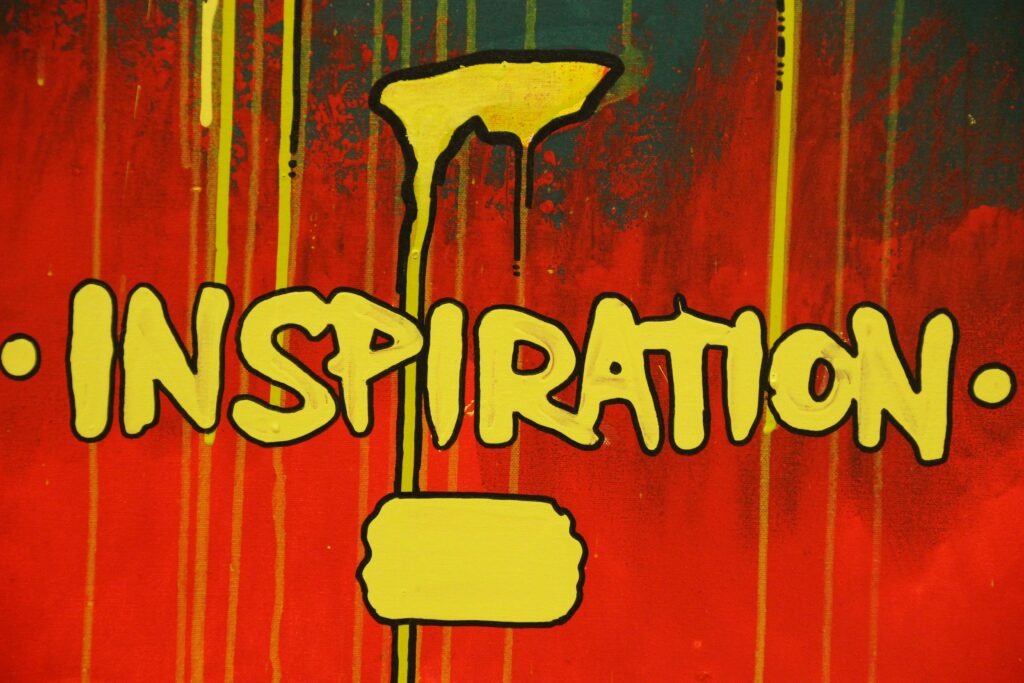July is Disability Pride month and – like the Pride movement – We Are All Disabled is a movement for positive change which aims to normalise disability as part of the human experience and close the binary divide between disabled and non-disabled.
I am passionate about changing the narrative around disability through sharing the insights and knowledge gained from my PhD research and first-hand through my experiences as a disabled person.
As anyone who knows me is aware, I am very proud to be a disabled person. I have had cerebral palsy all my life and, just like the colour of my eyes and my love of dogs, it is an intrinsic part of who I am.
My work and the work of We Are All Disabled promotes the Affirmative model of disability, which celebrates difference and embraces positive social identities for disabled people.
In contrast to the Medical model which sees disability as impairment, or the Social model which sees physical and societal barriers as disabling, the Affirmative model is grounded in the benefits of being impaired and disabled. It affirms that disabled people have a unique way of being situated in society and can bring valuable skills to their workplaces and communities.
I believe that until the experiences and the voices of disabled people are heard, it will be impossible to move beyond the Social or the Medical models of disability.
With this in mind, we developed the We Are All Disabled ‘Disruptor’ workshops – disability awareness with a difference – where we work with organisations to explore and challenge negative perceptions, attitudes and behaviours in a safe and supportive way.
Meaningful change comes from people looking within and challenging beliefs and perceptions in a safe environment.
We don’t shy away from difficult topics and conversations but instead create a supportive space for people to share their experiences, speak their truth and get comfortable with being uncomfortable.
It is vitally important for us all to make an effort to open up conversation, discussion and debate around perceptions of disability in order to challenge biases and combat prejudice.
If you would like to disrupt the narrative around disability in your organisation then get in touch today and let’s start a conversation…
Photo by Robert Katzki on Unsplash


